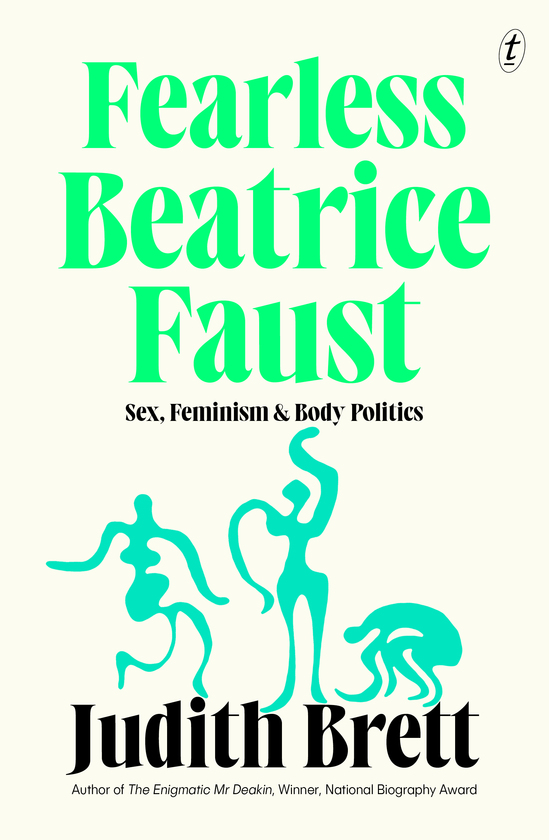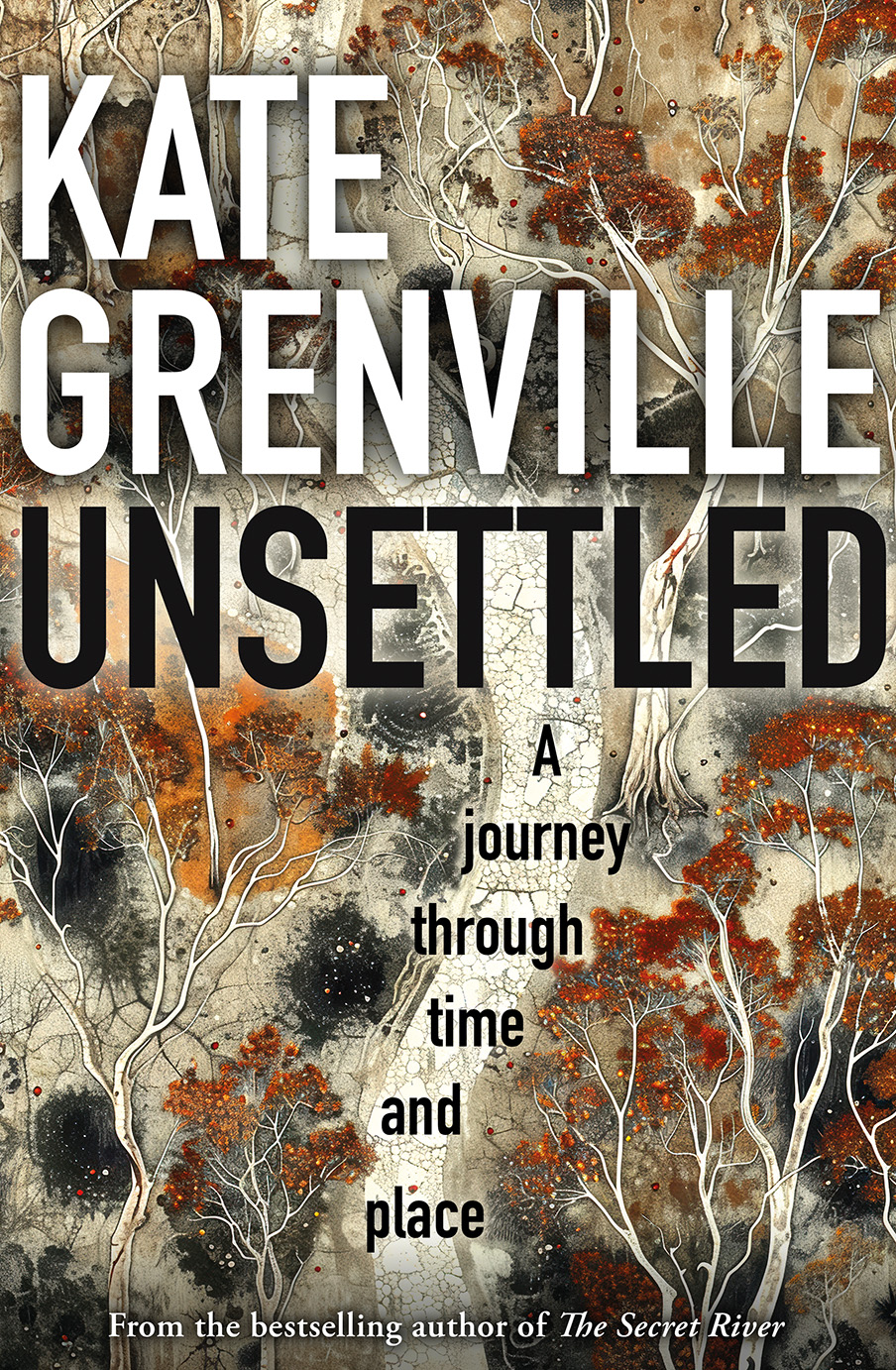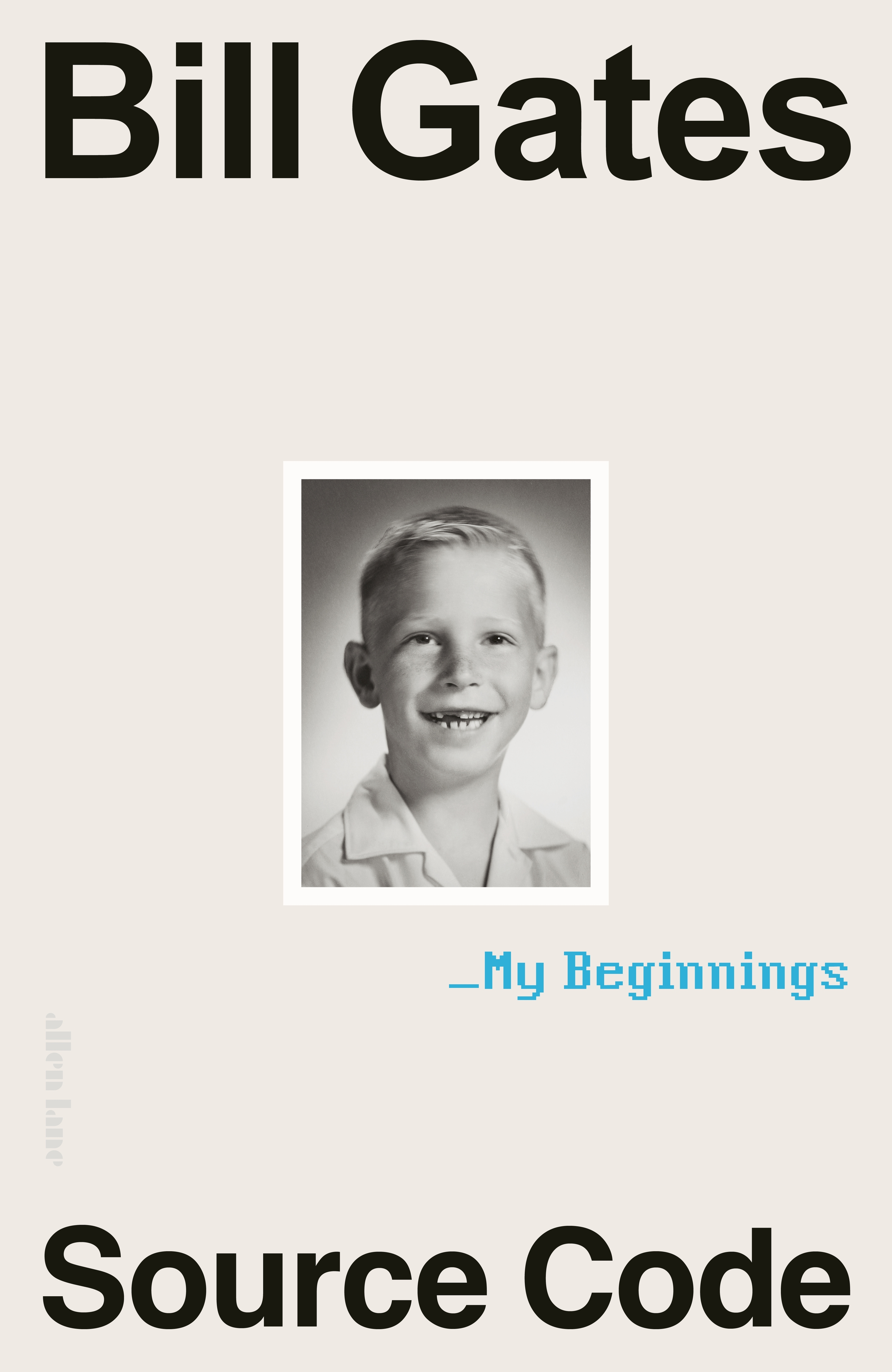'Kindness by Numbers' by Robyn Archer
Robyn Archer debated Peter Singer during the 2015 Melbourne Writers Festival; their topic was 'Is Funding the Arts Doing Good?'. This is an edited version of her paper.
I hear that in New York
At the corner of 26th Street and Broadway
A man stands every evening during the winter months
And gets beds for the homeless there
By appealing to passers-by
It won't change the world
It won't improve relations among men
It will not shorten the age of exploitation
But a few men have a bed for the night
For a night the wind is kept from them
The snow meant for them falls on the roadway.
Don't put down the book on reading this, man.
A few people have a bed for the night
For a night the wind is kept from them
The snow meant for them falls on the roadway
But it won't change the world
It won't improve relations among men
It will not shorten the age of exploitation
('A Bed for the Night')
This poem, written by Bertolt Brecht around 1930 (and translated here by Georg Rapp), seems as hard-nosed as many of Peter Singer's arguments. I wish I could be as similarly hard-nosed. I'm not a sentimental person, and am rarely driven by emotion (passion and lust, yes, but not often emotion) and I love the often uncompromising dialectic of Brecht's poetry.
I believe that when the Melbourne philanthropist Julie Kantor supports the theatre company Somebody's Daughter, which exists solely to help women prisoners both during their incarceration and as they leave, she is doing good, through the arts. I am not hard-nosed enough to criticise this act of generosity because it does not stand up to the scrutiny of 'effective altruists'. One simply can't argue with them. Who will stand up and say in public that they do not believe that every life is of equal value? Who will say that not every child is equally deserving of life and a future? No one.
It is highly likely that if I gave due diligence to absolute rational thinking I would come to the conclusion that saving X number of lives and relieving X many years of suffering does more good than offering proven pathways to dignity and creativity for perhaps only twenty people with intellectual and physical impairments. But I am not hard-nosed enough to say that Back to Back Theatre is not deserving of philanthropic support. Somewhere in me, despite its irrationality, I cannot help but believe that the philanthropic funding of this company is doing good. Perhaps not as much good as the absolutism of effective altruism demands, but surely, relatively, good.
'Who will stand up and say in public that they do not believe that every life is of equal value?'
As a nightclub and country singer who matriculated with double maths, physics, and chem, and was subsequently invited to take Honours in Philosophy, I find much to enjoy in Peter's strictly statistical approach. Indeed, while reading Peter's new book, The Most Good You Can Do: How Effective Altruism Is Changing Ideas about Living Ethically, I have found myself taking up his argument – for instance at the Sydney hotel that encouraged me to give one dollar to UNICEF, or with the strapping, seemingly well-fed young man begging on the streets. There is much in Peter's arguments to make us think twice about 'charity'. But that does not seem to be persuading me in my brain and bones to cease wanting philanthropy for the arts.
When the Myer Foundation, the Thyne Reid Foundation, and the Harold Mitchell Foundation, and a company like Woodside support an arts company like Big hART, philanthropic contribution is doing good. For more than twenty years, this company has achieved an eighty-five per cent non-recidivist rate in young offenders, ex-addicts, who work in the company; it has given hope to farming families driven off their land and prone to suicide; it has given voice to communities of indigenous Australians, many of whom live in Third World conditions.
Although I am persuaded by Peter's arguments and the compelling nature of his writings, I can't seem to play the numbers game and decide that this kind of philanthropy should be stopped. Kindness by numbers is somehow not working for me. As I am not one who has ever craved happiness – abiding instead by the Brechtian adage 'If all chase after happiness, happiness comes in last' – that is not a motive for one who grabs fleeting moments of happiness as they occur, unbidden, at any moment.
'When ... a company like Woodside support(s) an arts company like Big hART, philanthropic contribution is doing good'
One of the difficulties I have with Peter's position on the arts is that he concentrates on huge institutions such as the Metropolitan Museum of Art and The Lincoln Centre. He gives the impression all arts organisations are similarly well-heeled. It is a dangerously narrow (and New York-centric) view and it reinforces in the public mind an often mistaken view of what the arts are. I have a certain amount of sympathy for the idea that the enormous sums spent on ever more voracious collecting by major art museums should be curbed in the interests of alleviating poverty. But even then, in the most accomplished spheres of the arts, I wonder if it really is true that the presence of art is the sign of a civil society. Certainly, my colleagues at Soul of Europe believe this – that the arts have a vital role to play in the harmonising of divided communities. But there are contraries to this too. It was George Steiner, in his opening Edinburgh Festival address many years ago, who pointed out that we have seen clearly how certain leaders, peoples, can watch art one night and then go out and conduct acts of unspeakable barbarity the next.
Steiner was suggesting there is nothing noble per se about the arts as a civilising influence. And indeed in the preparation of this paper, I seriously wondered whether the civil-society argument might just be all self-justifying bullshit. Suddenly, my other love, my cultural pastime, AFL football, shone a light on our society. One week I was moved by the respect shown for my team, the Adelaide Crows, upon the demise of our coach – the silences of tens of thousands of fans, rival teams' footballers arm in arm at the end of matches, the biggest butchest Australian men alive, weeping openly on the field and texting things like ' I fell in love with him as a bloke'. One week later I saw the fans and the public involved in an ugly skirmish about racism.
This showed me what a knife edge we are on when it comes to civil society, and how quickly we might descend into a kind of barbarity if we started to skimp on the arts – that safest place for a dangerous conversation, the awkward grey place of negotiating between the radio shock jock and rancid hack's black and white. Or, as the playwright David Edgar put it in 2012, defending the essential role of the arts in democracy as an avenue of dissent: 'Isn't the crucial role of art to challenge the way society is run?' He quoted Tessa Jowell's paper which defined the arts' primary purpose: 'to communicate perceptions about the human condition that can't be communicated in any other way.'
I need to ask, 'Do effective altruists listen to music – even just at home?' If not, what kind of society are they creating? And if so, they need to be aware that the withdrawal of philanthropy from the arts will certainly reduce musical output of all kinds. For without philanthropy, much art, both of the rarefied kind and art which has a social or political agenda, will disappear.
'I need to ask, ''Do effective altruists listen to music – even just at home?'''
Most importantly, Peter's arguments for effective altruism, much like fundamental religious arguments, offer us no way out. The richness of statistical evidence he presents in The Most Good You Can Do makes it clear that if you want to save more lives and alleviate more suffering, if you want your philanthropic efforts to be as effective as possible, then you have to do the due diligence and must research at great length where you want your money to go. Your children, your locale, your country are no more worthy of your philanthropy than any other children, or animals, in any other part of the world. To be an effective altruist, you will not decide by heart or spontaneity or on the basis of being moved by particular stories or conditions. If you do so, you are guilty of being irrational and unhelpful. Contributing to expensive works of art for major museums or hugely pricey instruments for orchestras doesn't stack up vis-à-vis saving lives and alleviating suffering, or possibly contributing to research that will lessen the potential for the destruction of all humanity when a big meteor hits once every 100,000 years. Rationality and logic are pre-eminent.
We don't know what effective altruism's positioning is with regard to those arts companies (and there are a vast number of them) that are devoted to social change; they are never mentioned in the literature. I suspect that, statistically, the good they do doesn't stack up, in the effective altruism analysis, against what you could do with your philanthropic contributions. No matter how excellent you think these artists are, or how much you want to help them to do their work, they will not rate statistically as fitting places to put your money – if you seriously want to do the most good you can. It's all about the stats, and it's all about making logical decisions.
But, what if rationality and logic are not the things? There are many different opinions about truth. Some declare that it is the god they believe in. Effective altruists swear by their belief in logic. But what if we are more in tune with the universe when we act spontaneously and with a degree of irrationality? What if, for instance, intuition or music is the truth we should look to, rather than rationality and logical behaviour.
'What if rationality and logic are not the things?'
Beethoven claimed: 'Music is the one incorporeal entrance into the higher world of knowledge which comprehends mankind, but which mankind cannot comprehend.' He also said: 'Music is a higher revelation than all wisdom and philosophy.' If that is the case, would we not be equally as hard-nosed as the effective altruists by advocating the creation and experience of music instead of saving lives and alleviating suffering?
Despite the fact that effective altruism does not rate things like justice and beauty, if we listen to that philosopher instead of this one, we would most certainly say that philanthropic support of the arts – at very least music – is doing a power of good.
Perhaps the poet–playwright Brecht expressed this Singer's song more effectively than the philosopher–statistician himself:
You gentlemen who think you have a mission
To purge us of the seven deadly sins
Should think about the basic food position
Then start your preaching, that's where we begin.
You lot, who bank on your desires and our disgust
Should learn for all time how the world is run:
Whatever lies you tell, however much you twist
Food is the first thing. Morals follow on
So first make sure that those who now are starving
Get proper helpings when we all start carving.
What keeps mankind alive?
What keeps mankind alive?
The fact that millions
Are daily tortured, stifled, punished, silenced, oppressed
Mankind can keep alive, thanks to its brilliance
In keeping its humanity repressed,
For once you must try not to shirk the facts:
Mankind is kept alive by bestial acts.
(Brecht/Weill, translated by John Willett)














Leave a comment
If you are an ABR subscriber, you will need to sign in to post a comment.
If you have forgotten your sign in details, or if you receive an error message when trying to submit your comment, please email your comment (and the name of the article to which it relates) to ABR Comments. We will review your comment and, subject to approval, we will post it under your name.
Please note that all comments must be approved by ABR and comply with our Terms & Conditions.